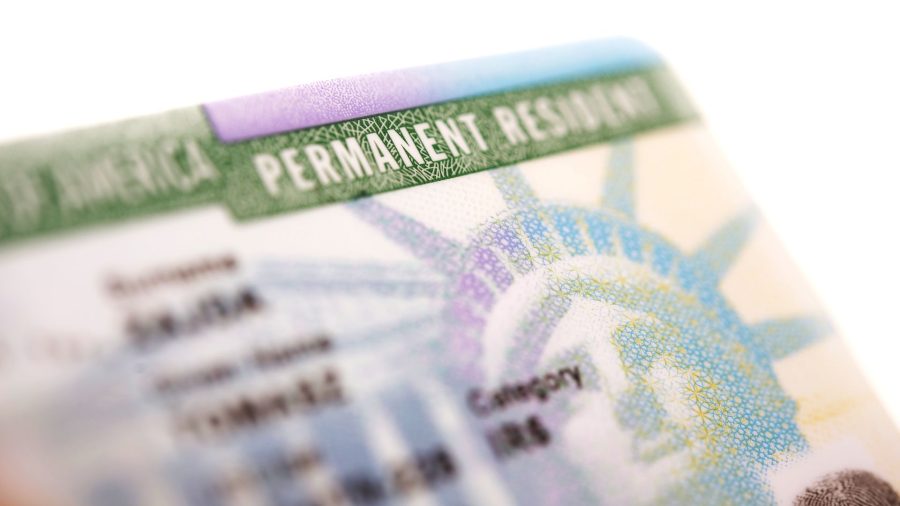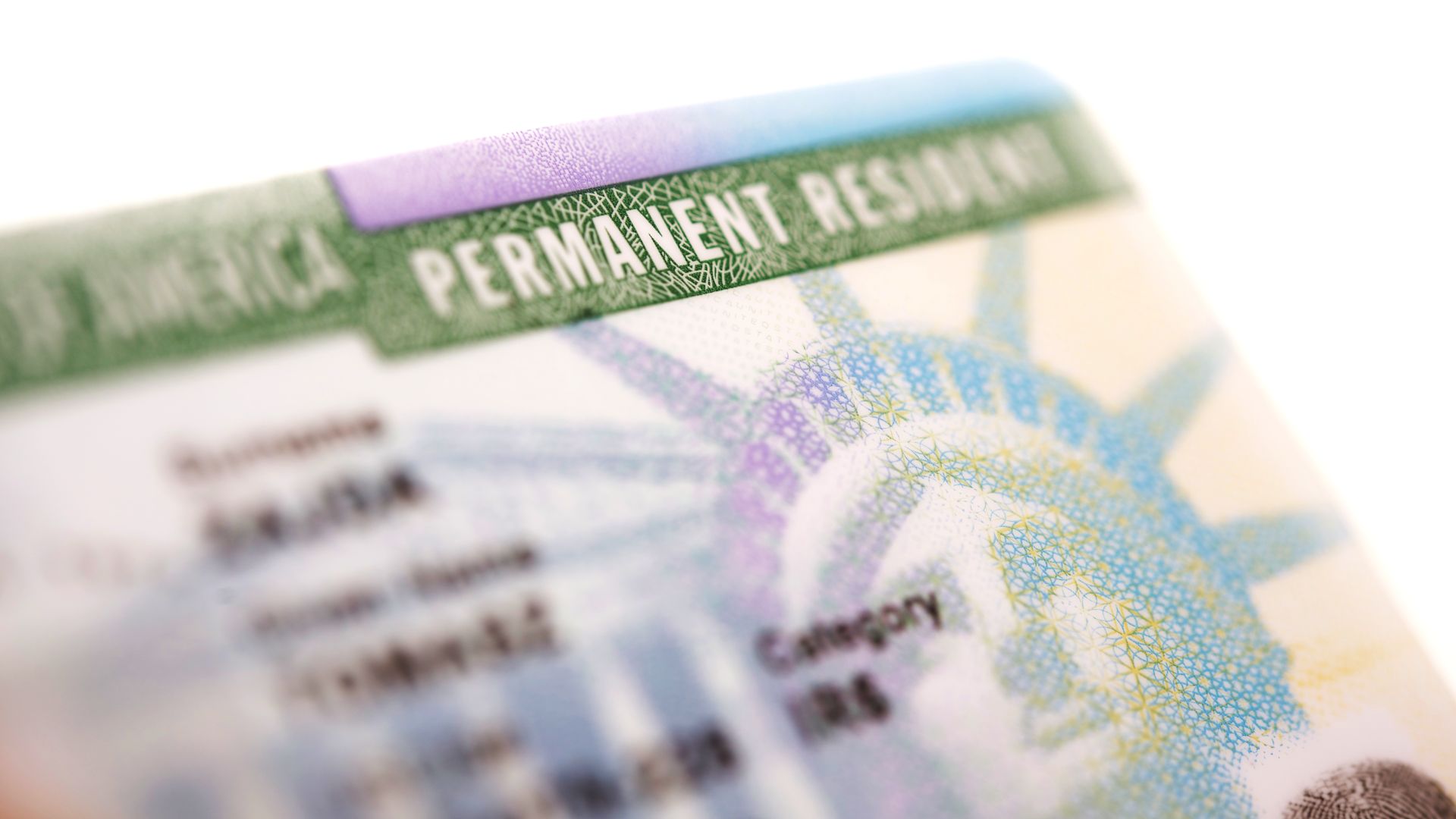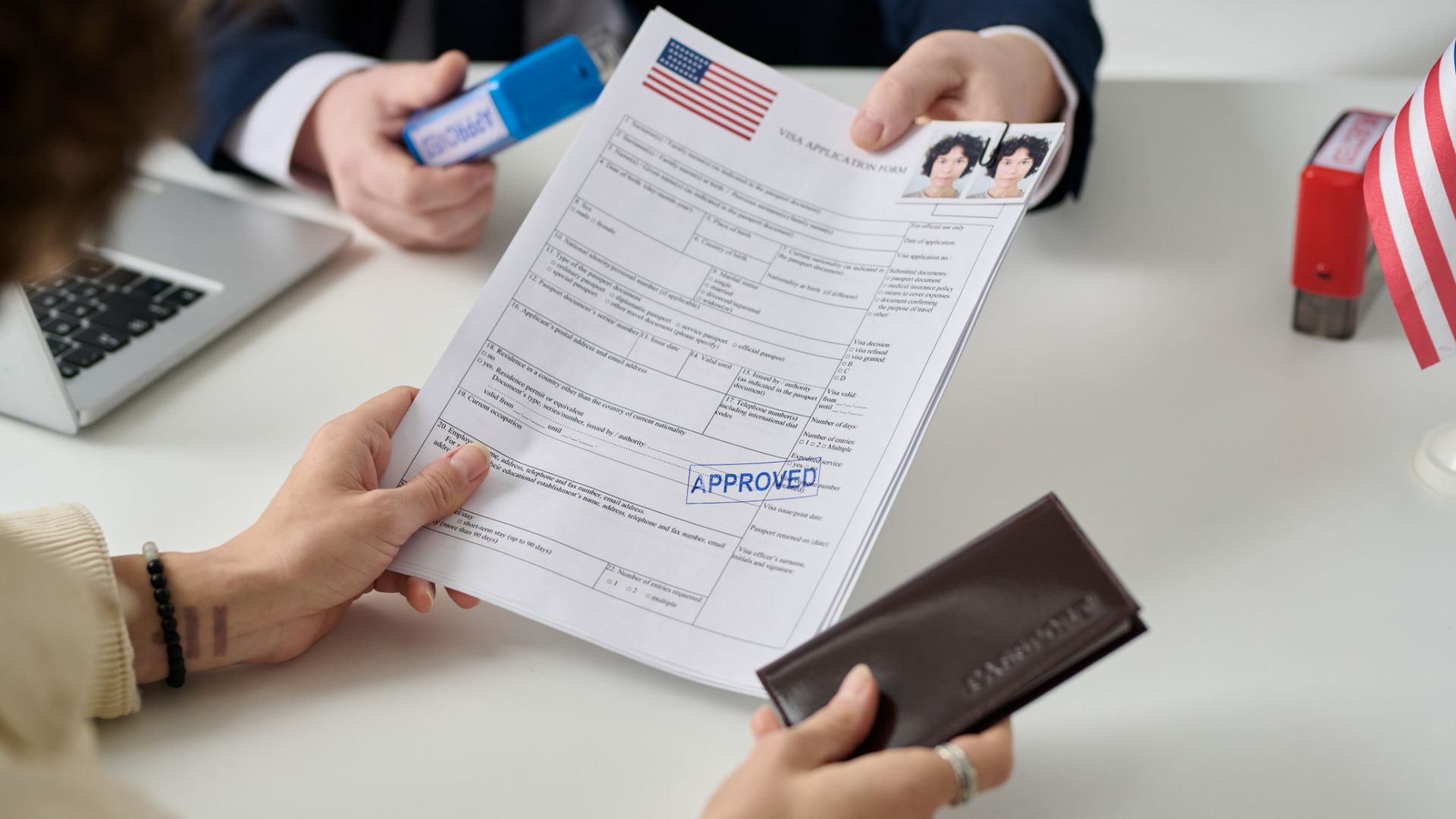If you’re a lawful permanent resident of the United States, your green card is your lifeline to legal residency—and it’s essential to keep it current. Whether your green card is expiring soon or already expired, it’s important to understand the renewal process and take the necessary steps without delay. At Rebecca Black Immigration, PA, we’ve helped countless clients through the renewal journey, and in this post, we’re breaking it all down for you.
Why You Need to Renew Your Green Card
A green card (Form I-551) serves as proof of your lawful permanent resident status in the U.S. Most green cards are valid for 10 years, while conditional green cards (typically granted through marriage or business investment) are valid for 2 years. Here’s why timely renewal matters:
-
Travel: An expired green card can cause delays or denial of re-entry into the U.S.
-
Employment: Employers are required to verify work authorization. An expired green card can disrupt your employment.
-
Driver’s Licenses and Other ID: Many states won’t renew your driver’s license without a valid green card.
-
Peace of Mind: Staying current avoids unnecessary stress and legal complications.
When Should You Renew Your Green Card?
You should file for renewal within six months (180 days) of the expiration date. Don’t wait until it expires—processing times can be lengthy, and delays may affect your travel, employment, or legal standing.
If your card is already expired, you can still file for renewal, but be prepared for additional scrutiny or complications depending on your circumstances.
Who Should NOT Use the Green Card Renewal Process?
It’s important to understand that renewal is not for everyone. You should NOT file a green card renewal (Form I-90) if:
-
You are a conditional permanent resident with a 2-year green card. Instead, you must file:
-
Form I-751 (Petition to Remove Conditions on Residence) for marriage-based green cards.
-
Form I-829 for investor green cards.
-
Step-by-Step Guide to Renewing Your Green Card
Step 1: File Form I-90
The process begins by submitting Form I-90, Application to Replace Permanent Resident Card. You can file it online through your USCIS account or by mail.
You’ll need:
-
A copy of your current green card.
-
Personal identification details.
-
Explanation for renewal (typically, “My card is expiring or has expired”).
Tip: Double-check your information for accuracy. Mistakes can delay your case.
Step 2: Pay the Filing Fee
The filing fee for Form I-90 is around:
-
$455 for the form, plus
-
$85 for biometrics, for a total of $540.
You can pay online via USCIS or include payment by check or money order with a paper application.
Step 3: Attend a Biometrics Appointment
Once your application is accepted, you’ll receive a biometrics appointment notice. At this appointment, USCIS will take your fingerprints, photo, and signature for identity verification and background checks.
Tip: Rescheduling this appointment can significantly delay your case, so plan ahead.
Step 4: Wait for Processing
After biometrics, your case goes into review. Green card renewal processing times can range from 8 to 12 months on average, depending on USCIS workload and your local field office.
Pro Tip from Rebecca Black Immigration: If you have travel plans or employment needs during this time, request an I-551 stamp in your passport from your local USCIS office. This temporary proof of status can keep you mobile and employed.
What If Your Green Card Is Lost, Stolen, or Damaged?
If your green card is lost, stolen, or mutilated, Form I-90 is still the correct form to file. Be sure to:
-
Explain the circumstances clearly.
-
Report the theft to law enforcement if applicable.
-
Include as much supporting documentation as possible (passport, driver’s license, or other IDs).
Common Mistakes to Avoid
Our legal team at Rebecca Black Immigration, PA sees many avoidable mistakes in green card renewals:
-
Filing too early or too late: USCIS may reject overly early applications or delay late ones.
-
Incorrect form selection: Using Form I-90 when you should be using I-751 can result in denial.
-
Incomplete evidence: Missing documents or unclear information can delay or deny your renewal.
-
Assuming renewal equals citizenship: Green card renewal is not the same as applying for naturalization. That requires Form N-400.
How Our Law Firm Can Help
At Rebecca Black Immigration, PA, we specialize in taking the stress out of immigration paperwork. Our legal team can assist you with:
-
Preparing and filing Form I-90 accurately.
-
Identifying the correct process if you have a conditional green card.
-
Responding to any Requests for Evidence (RFEs).
-
Assisting with urgent travel or employment needs.
-
Exploring the path to U.S. citizenship if you’re eligible.
Immigration law can be complex, and one small error can lead to major setbacks. Don’t risk delays or denials—let us guide you through it.
Final Thoughts: Stay Legal, Stay Protected
Renewing your green card might seem like a simple formality, but it’s a crucial part of maintaining your legal status in the U.S. It affects everything from your job to your travel freedom. Whether you’re months away from expiration or already past the date, the best time to act is now.
Have questions or need help with your green card renewal? Contact Rebecca Black Immigration, PA today for a consultation. We’re here to make the immigration process less overwhelming—and help you move forward with confidence.








